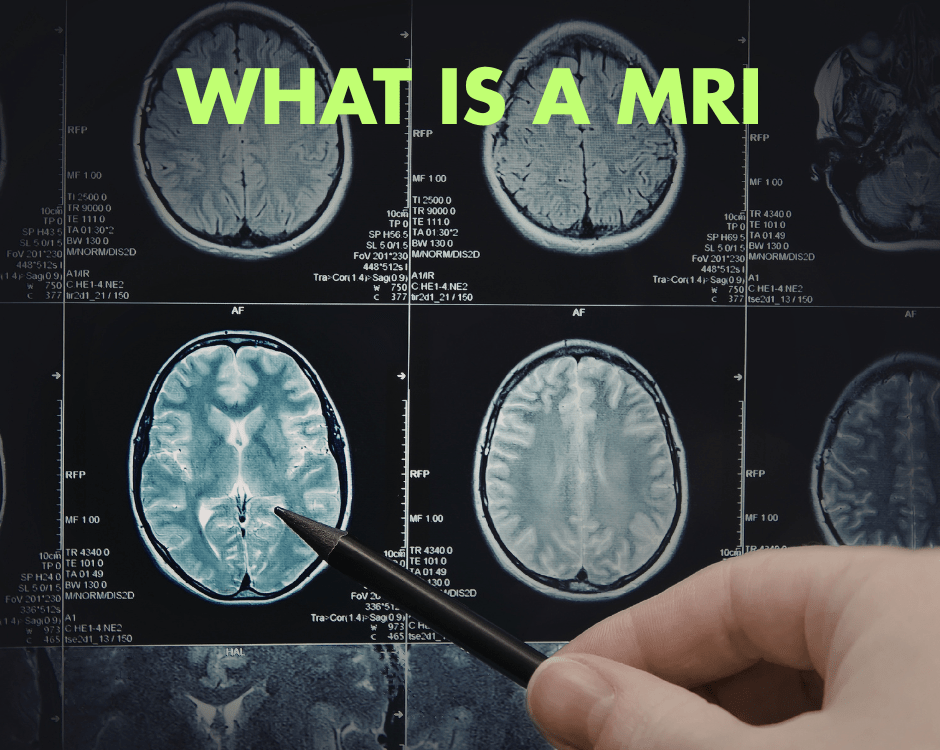Supplementation When Recovering from a Car Accident

How Diaphragmatic Breathing Can Help Neck and Back Pain
April 25, 2025
Nausea After a Car Accident
April 25, 2025- Accident doctor
- accupuncture
- airplane headache
- alzheimer's
- best habits
- Brain Injuries
- car accident
- car accidents
- cervical strain
- colds
- concussion
- Concussions
- disc bulge
- dosage meds
- dry needling
- dull pain
- E bike injuries
- florida
- good posture
- headaches
- Headrest positions
- Headrest positions after an accident
- Healthy choices
- Healthy flying
- healthy gift guide
- Healthy SPring Ideas
- hip pain
- hyperextension
- injury doctor
- insurance
- Kayaking
- kentucky
- kids motion sickness
- lifestyle
- motion sickness
- neck injury
- no fault insurance doctor
- noise healing
- osteoporosis
- pain symptoms
- pink noise
- posterior chain
- posture
- prevent osteoporosis
- Rest
- Scoliosis
- shoulder pain
- Stress with kids after a motor vehicle accident
- TBI
- tips
- tmj
- torn muscle
- Traumatic Brain Injury
- trigger points
- VitaminD
- What are Post Traumatic headaches?
Supplementation When Recovering from a Car Accident
Recovering from a car accident can be a long and challenging journey. Whether you are dealing with soft tissue injuries, fractures, inflammation, or general pain, supporting your body with the right nutrients can make a big difference in the healing process. While proper medical care and therapy are essential, certain supplements can aid recovery by reducing inflammation, promoting tissue repair, and supporting overall healing. Dr. Deryk Harting, a valued chiropractor at one of the highest rated car accident medical care facilities in Florida, discusses some of the best supplements to consider after sustaining injuries in a car accident. (Disclaimer: This article is for informational purposes only and is not intended to replace medical advice. Always consult a healthcare provider before beginning any new supplement or treatment plan.)
- Turmeric (Curcumin)
Turmeric, specifically its active compound curcumin, is one of the most powerful natural anti-inflammatories available. After a car accident, inflammation is a natural response as your body heals. However, prolonged or excessive inflammation can lead to chronic pain and slow recovery. Curcumin has been shown to reduce inflammation and may help relieve joint and muscle pain, stiffness, and swelling. It also has antioxidant properties, helping the body combat oxidative stress, which can be elevated after trauma.
- Collagen
Collagen is the most abundant protein in the human body and a major component of connective tissue, including tendons, ligaments, cartilage, and skin. Injuries from car accidents often involve damage to these tissues, and supplementing with collagen can help support repair and regeneration. Collagen supplements, especially hydrolyzed collagen peptides, have been shown to improve joint health, reduce joint pain, and support the healing of tendons and ligaments. Some formulations also contain vitamin C, which plays a crucial role in collagen synthesis.
- Magnesium
Magnesium is an essential mineral involved in over 300 biochemical processes in the body, including muscle function, nerve signaling, and bone health. After a car accident, magnesium can be particularly helpful in relieving muscle tension, tightness, and nerve-related pain. Many people are magnesium deficient without knowing it, and the stress of injury can further deplete levels. Supplementing with magnesium can help ease muscle spasms and improve sleep quality- which is vital for healing.
- Omega-3 Fatty Acids
Omega-3 fatty acids, found in fish oil supplements, are well known for their anti-inflammatory effects. They can help reduce pain, stiffness, and swelling, making them ideal for individuals recovering from injury. Studies have shown that omega-3s can even reduce the need for pain medications in some cases. In addition to reducing inflammation, omega-3s support cardiovascular health and brain function—both of which can be affected after a traumatic injury.
- Vitamin D
Often called the “sunshine vitamin,” Vitamin D plays a crucial role in bone health, immune function, and overall healing. For those recovering from car accident injuries, especially those involving fractures or soft tissue damage, vitamin D can be particularly beneficial. Benefits for injury recovery include bone health support/fracture repair, aids in reducing inflammation and helps maintain muscle strength. While our bodies can produce vitamin D when exposed to sunlight, many people do not get enough sun exposure or do not synthesize adequate amounts. Food sources include fatty fish, egg yolks, and fortified foods.
- Protein
While not typically thought of as a supplement, protein powders or drinks can be an excellent way to boost your protein intake during recovery. Protein is essential for tissue repair and muscle maintenance, making it crucial for healing from car accident injuries. Protein supports muscle repair, provides essential amino acids for tissue healing and helps prevent muscle loss (atrophy) during periods of reduced activity. High quality protein sources include lean meats, fish, eggs, and dairy products. For those who struggle to consume enough protein through diet alone, a protein supplement can be beneficial. Whey protein is a popular choice due to its complete amino acid profile and easy digestibility.
While these supplements can support recovery from car accident injuries, it is crucial to remember that they should complement, not replace, a balanced diet and proper medical care. Always consult with your healthcare provider before starting any new supplement regimen, as they can advise on appropriate dosages and potential interactions with medications.
— This article is written by Deryk Harting, DC, one of the members of Chambers Medical Group’s team of car accident chiropractors who offer a variety of treatments and therapies ranging from diagnostic testing to various soft tissue therapies for car accidents and injuries in Florida.
- Car Accident Medical Clinic in Tampa
- Car Accident Medical Clinic in Plant City
- Car Accident Medical Clinic in Brandon
- Car Accident Medical Clinic in Lakeland
- Car Accident Medical Clinic in Sarasota
- Car Accident Medical Clinic in Louisville
- Car Accident Medical Clinic in Lexington
- Car Accident Medical Clinic in Florence




